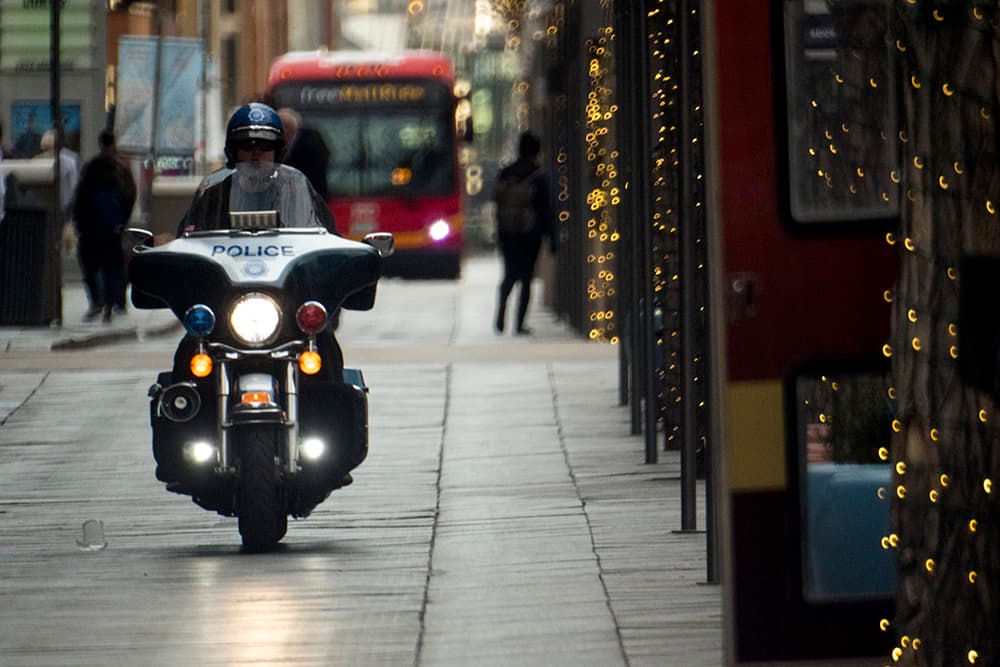Denver's criminal justice arm will ease up on people arrested for "low-level" drug and prostitution crimes, city officials announced Tuesday. But only some will benefit from the new policy.
The approach aims to divert people from jail and into healthcare services, job training, housing and mental health services so they can get back on their feet and break the cycle of recidivism.
People arrested for certain drug possession crimes -- without intent to distribute -- will qualify. People who engage in prostitution, shoplifting, trespassing, breaking curfew and disturbing the peace (no domestic violence) can also get leniency.
"With this program, we can prevent people from getting caught in the endless cycle of incarceration, saving taxpayer money," said Kevin Kelly with the Denver Office of Behavioral Health Strategies. "And we can empower people to live better who are typically facing extraordinary barriers to accessing the services they need."
But there's a but: Only officers trained on the new model can divert arrestees to social services, and the program applies only to the police districts that cover the north half of Denver (excluding Stapleton, east). That's where data show the program will benefit the most offenders.
Yet demand for services is "far bigger than we can handle at our current size," Kelly wrote via email. In other words, many people will fall through the cracks, but not as many as before. Kelly said he hopes to prove success and expand the program over time to meet the needs of the entire city.
Officials call the approach the "Law Enforcement Assisted Diversion" program. It's modeled after an initiative started in Seattle that has gone national, including to Longmont, Pueblo and Alamosa.
Experts say social services give residents on the edge some stability, while the war-on-drugs approach of incarceration destabilizes them.
Low-level criminals diverted with LEAD are about 60 percent less likely to get arrested again, according to a 2015 report.
The thinking goes like this: Once arrestees get the treatment they need, their productivity and employability rise and the risk of getting jailed -- or hospitalized for drug and alcohol abuse -- falls.
"We have looked a lot over the years at drug sentencing," said Terry Hurst, policy coordinator with the Colorado Criminal Justice Reform Coalition. "I do know that there is a need for this. We're pretty excited and we're really encouraged by seeing it here in Denver given the rate of drug felony filings."
Drug felonies accounted for 41 percent of all felonies in Denver County last year, according to a report from the advocacy group. That's compared with 29 percent in 2012. Most of those charges were for possession, Hurst said.
Coloradans caught with "schedule I" or "schedule II" drugs like cocaine, methamphetamine and heroine, even small amounts detected paraphernalia, can receive a felony conviction and go to jail, the report states.
"By implementing the LEAD program, we're giving people a first chance before a second chance is needed," Denver District Attorney Beth McCann said in a statement.
The LEAD initiative is not permanent -- it's a pilot funded through June 2020 with a $561,000 grant from the state. Part of that money will fund a contract with the University of Colorado's Addiction Research and Treatment Services, which will help arrestees get back on their feet.
The grant will also fund supportive housing and workforce training, as well as a part-time coordinator with the city attorney's office.
If the city saves enough money on incarceration and other criminal justice costs, the program is more likely to continue, a spokesman from the mayor's office said.













